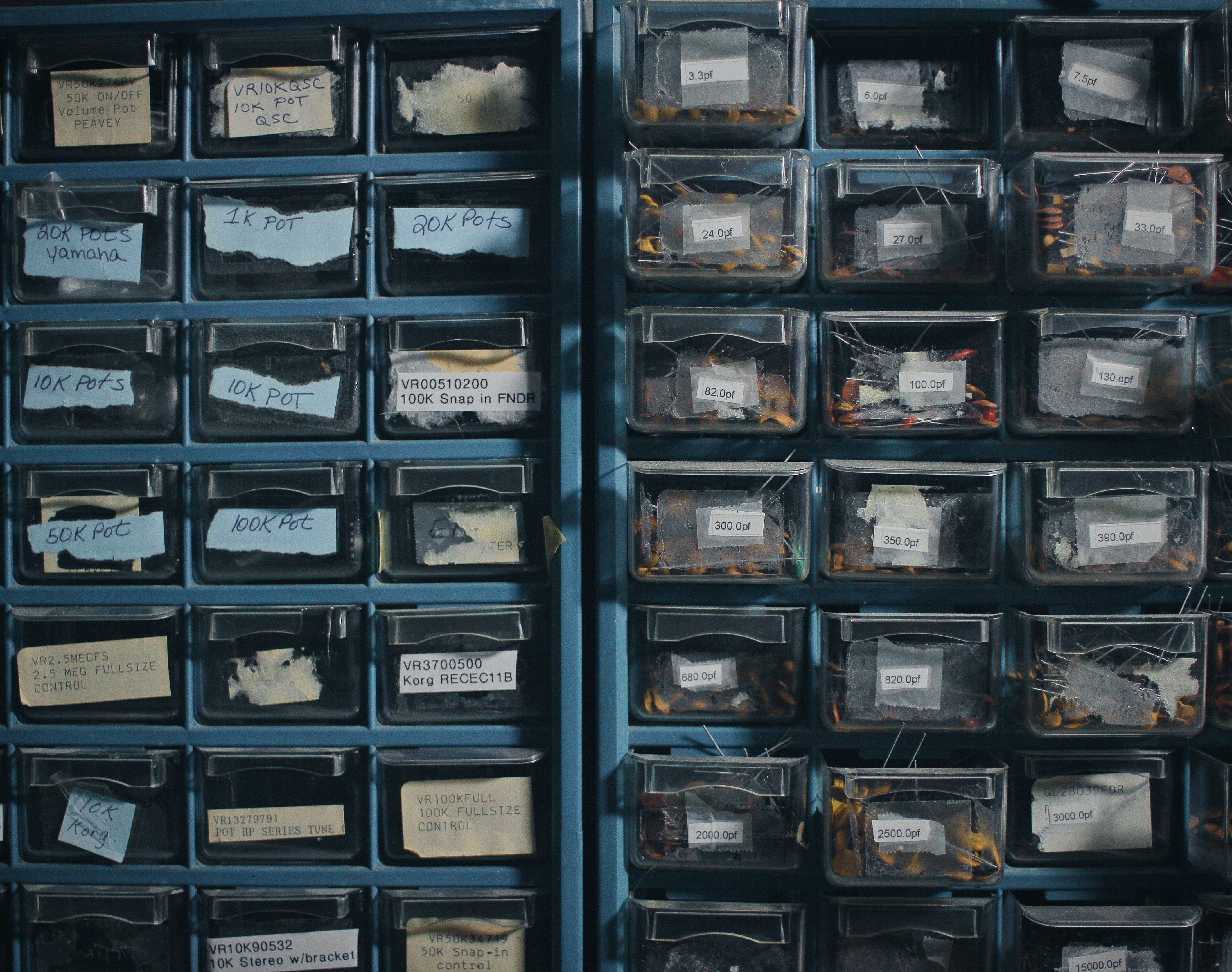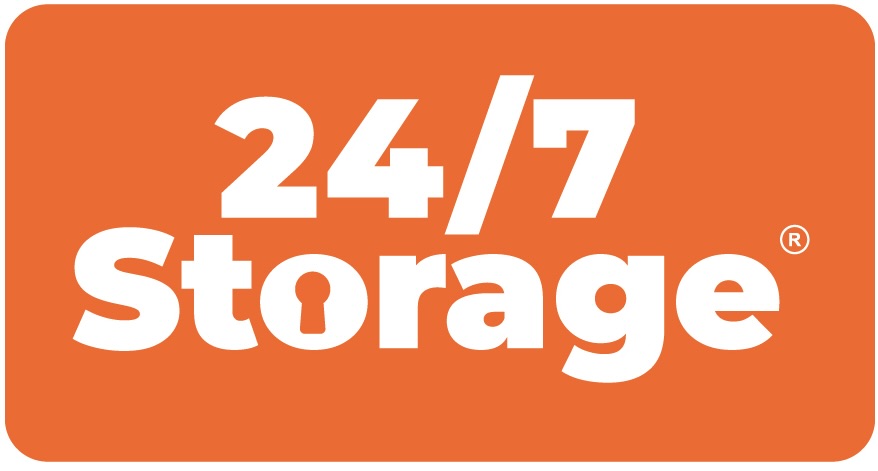5 Things You Should Not Store in a Standard Storage Unit
Alex Parr
July 22nd, 2025

Know what stays out to keep your stuff safe and your storage stress-free.
At 24/7 Storage Big Rapids, we offer secure, spacious storage units with oversized doors and tall ceilings designed to handle everything from furniture and appliances to business inventory and seasonal gear. But even the best storage unit has its limits, and knowing what not to store is just as important as knowing what you can store.
Whether you’re in the middle of a move, trying to declutter, or just need a little extra breathing room, this guide will help you avoid some of the most common storage mistakes. Here are five things you should never put in a standard storage unit (and what to do instead).
1. Food and Perishables
No snacks, no canned goods, no “just one box of cereal.”
Storing any kind of food in a non-climate-controlled storage unit is a recipe for problems. Even packaged or canned goods can attract pests and rodents over time, especially when exposed to heat, humidity, or freezing temps. And perishables? Those will spoil fast, causing smells, mold, and major damage to anything nearby.
Why it’s risky:
• Attracts insects and rodents
• Can spoil or leak, damaging other items
• Creates odors that spread through your unit
Instead:
If you’re relocating and need short-term food storage, consider donating pantry items to a local food bank before your move. For longer-term needs, rent a climate-controlled unit or ask friends/family for temporary fridge or freezer space.
2. Flammable or Hazardous Materials
If it has a warning label, it probably doesn’t belong in storage.
Paints, gasoline, propane tanks, lighter fluid, fireworks, and cleaning solvents. These are just a few of the many flammable or hazardous items that are prohibited in standard storage units. Not only are they dangerous to store, but they also violate safety regulations and insurance policies.
Why it’s risky:
• Risk of fire or explosion
• Exposure to extreme temperatures can cause leakage or combustion
• Illegal in most storage contracts (yes, including ours)
Instead:
Store these items in accordance with local safety guidelines, or contact your local hazardous waste facility for disposal or proper handling options. For lawn equipment with fuel, always drain the tank before storing.
3. Electronics and Batteries
That old desktop tower or box of DVDs might not make it through a Michigan winter.
Electronics are especially sensitive to temperature swings and humidity. TVs, laptops, monitors, cameras, speakers, and even game consoles can be permanently damaged by moisture or extreme cold and heat. The same goes for batteries, which can leak or corrode over time.
Why it’s risky:
• Heat and humidity can fry internal components
• Cold weather can cause screen and battery damage
• Long-term storage may lead to corrosion or mold
Instead:
If you’re storing electronics for a short time, pack them in sealed plastic bins with silica gel packets to reduce moisture. For longer-term storage, opt for climate-controlled units or keep high-value electronics in your home or with trusted friends or family.
4. Living Things (Yes, Really)
This one should be obvious, but we’ve seen it all.
Plants, animals, people... nothing living should ever be stored in a storage unit. Even if it’s “just for a few hours,” units aren’t ventilated, lit, or designed for living conditions. Plants will wilt in the dark and heat, pets can suffer or escape, and we don’t even need to explain the risks of someone trying to “crash” in a unit overnight.
Why it’s risky:
• It’s illegal and against storage policy
• Poses serious safety and liability risks
• Can lead to fines, eviction, or worse
Instead:
Use proper boarding services for pets or short-term plant sitting options through neighbors, friends, or local plant shops. And if someone needs temporary housing support, connect with local shelters or services for assistance. Storage units are not a solution.
5. Uninsured or Irreplaceable Valuables
If you can’t afford to lose it, don’t put it in general storage.
Even though 24/7 Storage Big Rapids offers secure, gated facilities with surveillance and lighting, storage units aren’t vaults. Items like passports, cash, jewelry, family heirlooms, and irreplaceable documents should be stored in safe deposit boxes or locked safes at home.
Why it’s risky:
• Climate exposure can degrade paper or fabric over time
• Even with secure access, theft is still possible
• Insurance may not fully cover high-value or sentimental items
Instead:
Scan and back up important documents digitally, and store originals in a fireproof safe. For irreplaceable keepsakes, prioritize safe storage at home or consider a climate-controlled unit with added personal protection measures.
The Bottom Line
Storage units are perfect for furniture, boxes, seasonal gear, business inventory, and other household items. Knowing what not to store helps protect your belongings, ensures the safety of others, and keeps your rental agreement in good standing.
Not sure if an item is safe to store? Just ask. Our team is happy to answer questions and help you find the right unit for your needs.
Need secure, oversized storage in Big Rapids? Rent your unit online today.
Categories
